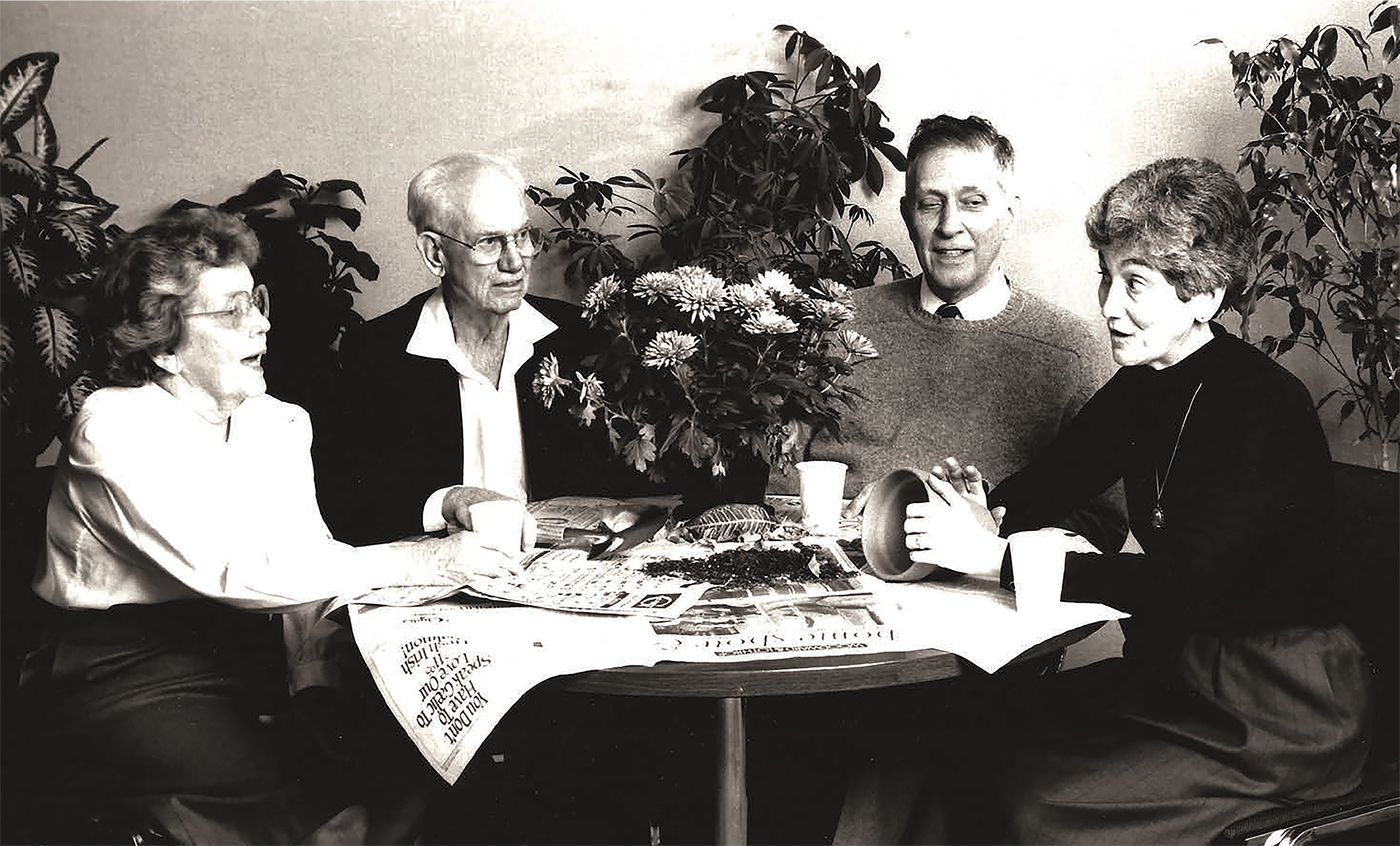 During the 1970s, family support groups scattered around the nation were seeking answers and treatments for their loved ones affected by mental illness. One group in California transformed a small gathering of families into an organization called Parents of Adult Schizophrenics, a nonprofit association that eventually changed its name to the Alliance for the Mentally Ill of San Mateo.
During the 1970s, family support groups scattered around the nation were seeking answers and treatments for their loved ones affected by mental illness. One group in California transformed a small gathering of families into an organization called Parents of Adult Schizophrenics, a nonprofit association that eventually changed its name to the Alliance for the Mentally Ill of San Mateo.
This local coming together helped spur a national movement. What started as a wave of frustrated parents concerned for their children grew into a tsunami of organized trailblazers advocating for more research, greater support, and broader public awareness called the National Alliance on Mental Illness: the nation’s largest grassroots mental health organization.
Follow our journey as we capture some of the many milestones in advocacy, research, education and awareness achieved over 45 years!
For a printable version or for sharing please use the link below.
NAMI HelpLine is available M-F, 10 a.m. – 10 p.m. ET. Call 800-950-6264,
text “NAMI” to 62640, or email. In a crisis, call or text 988 (24/7).